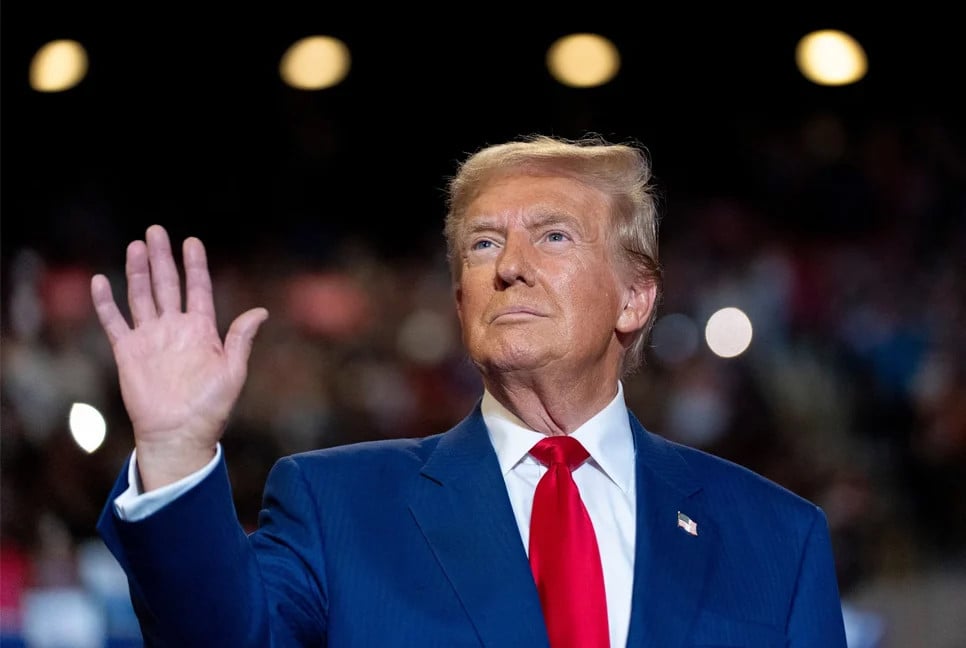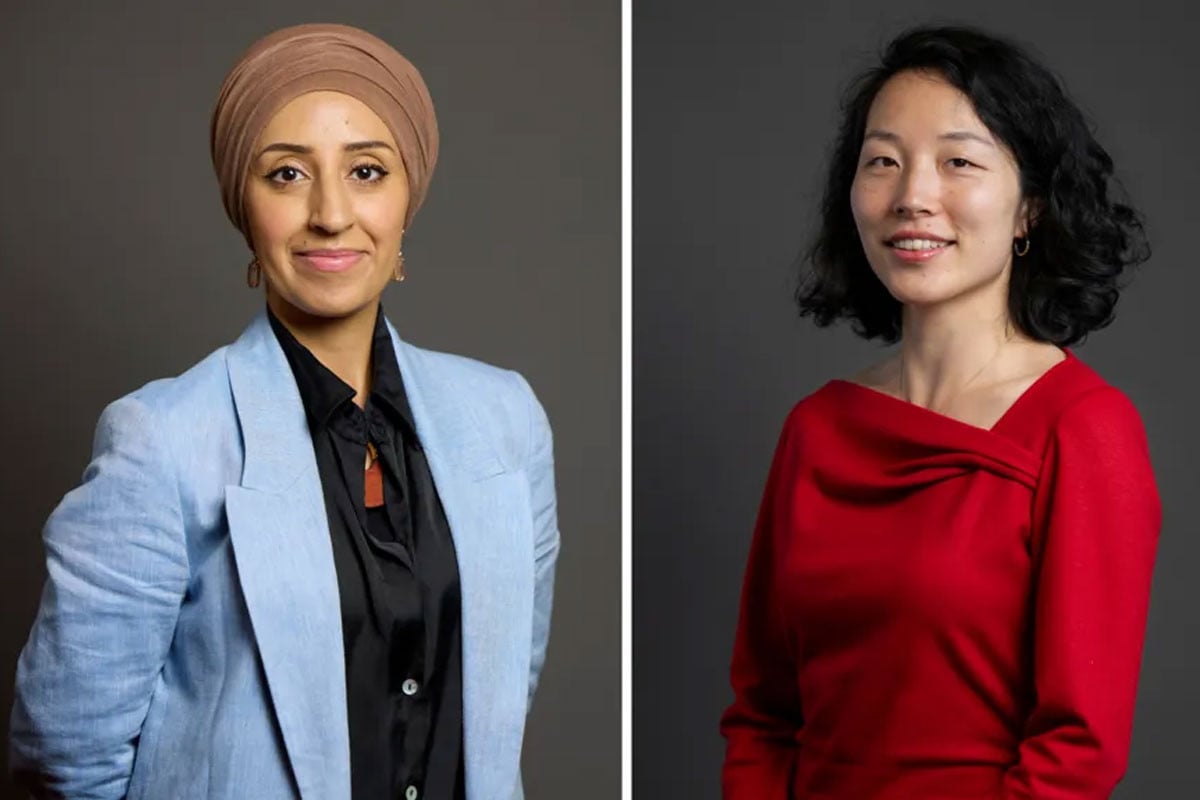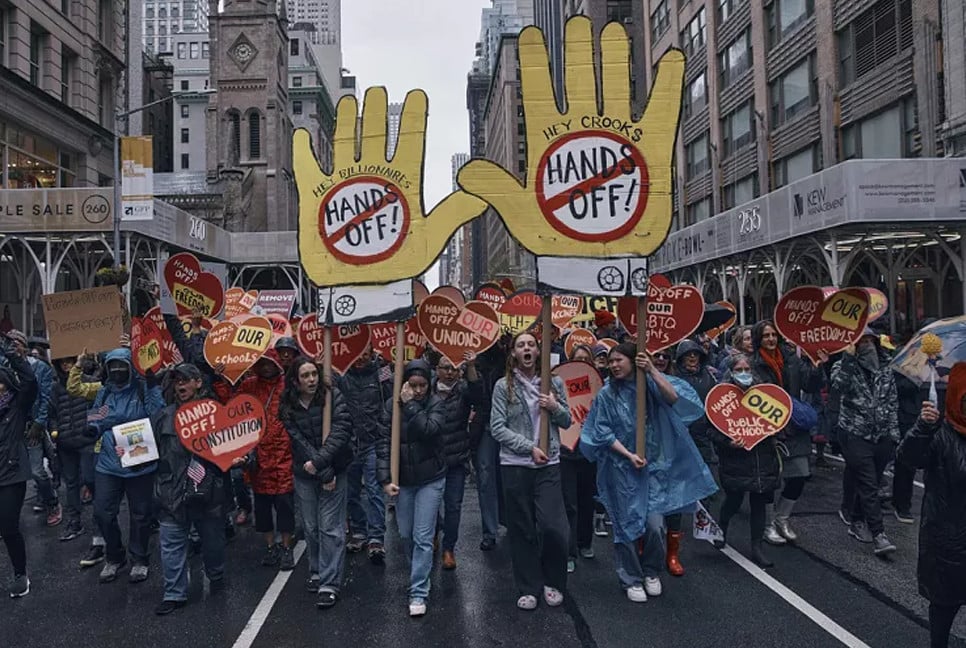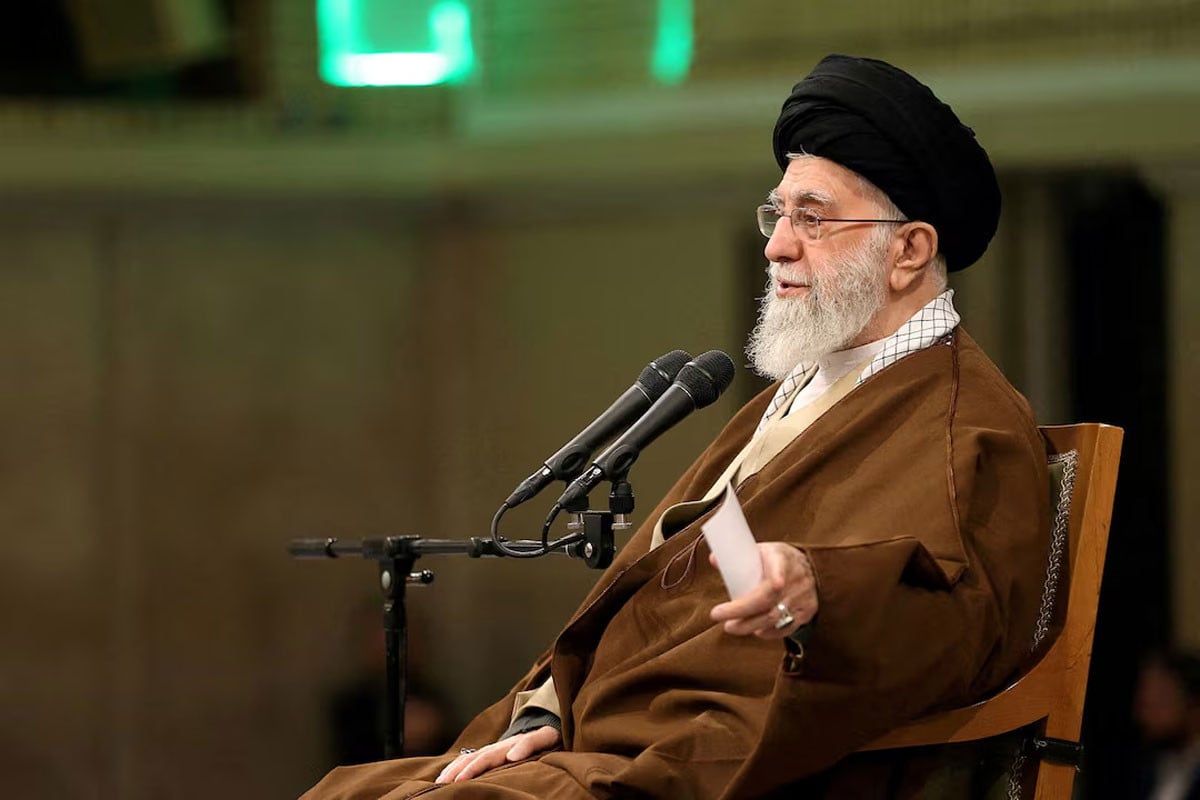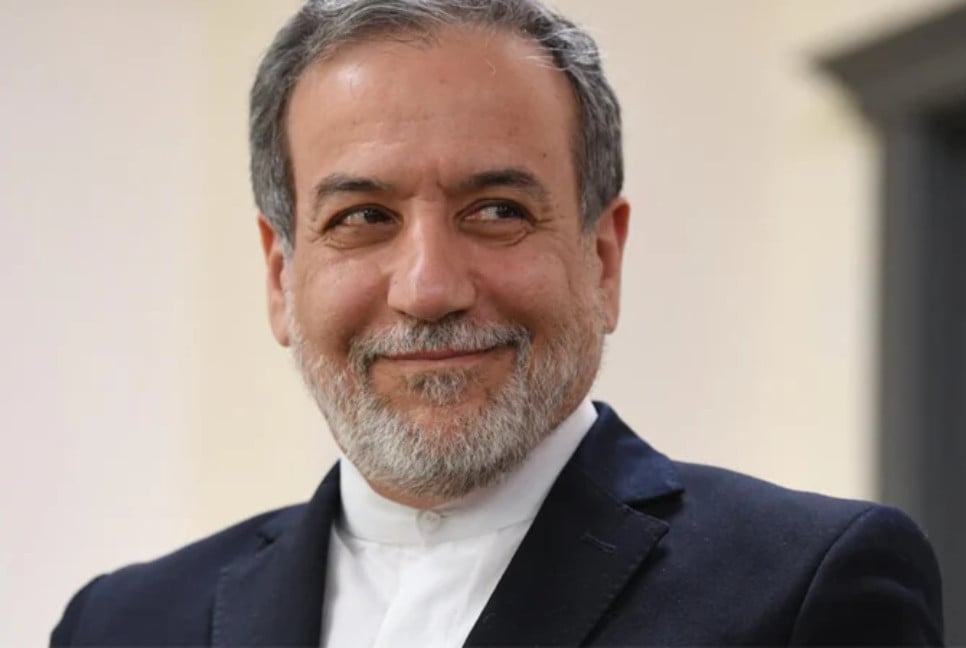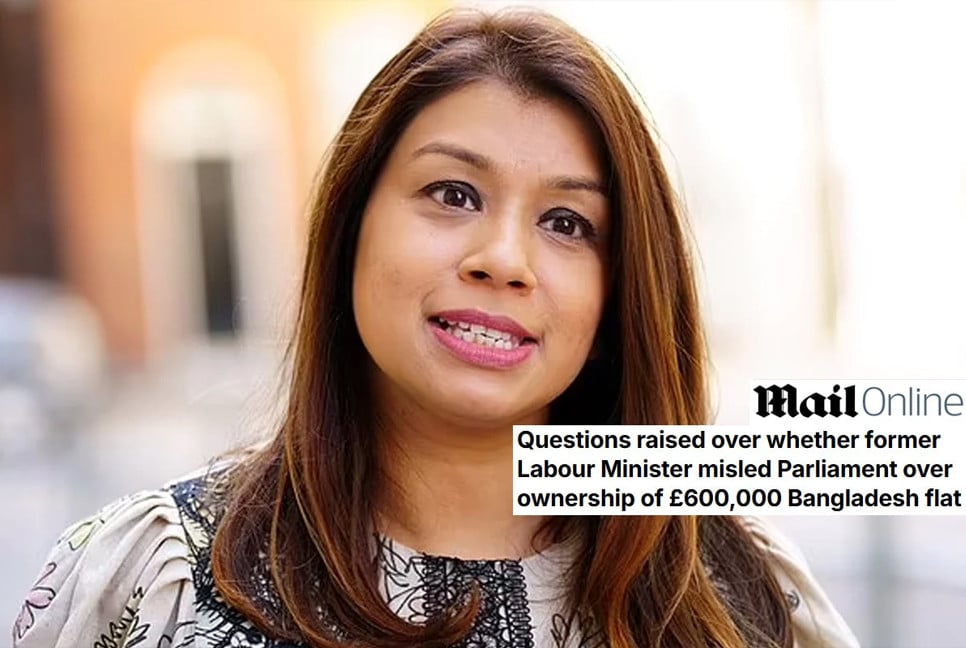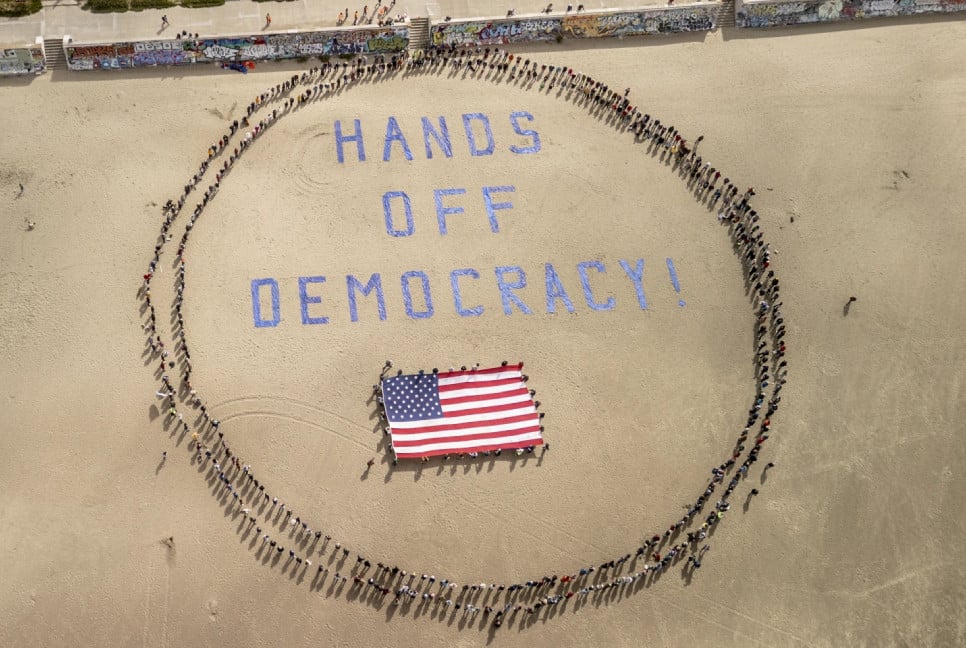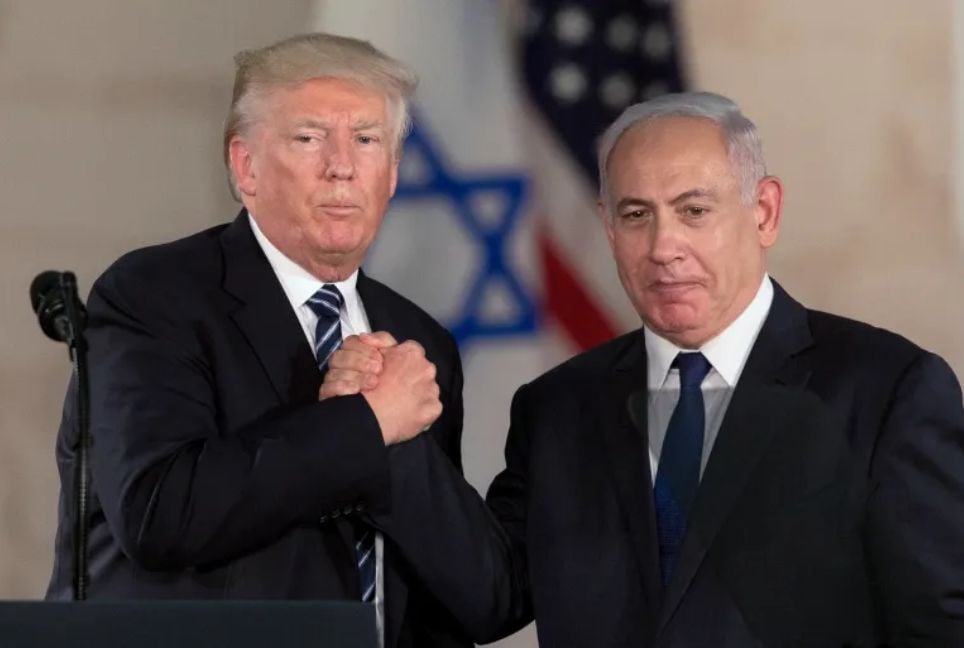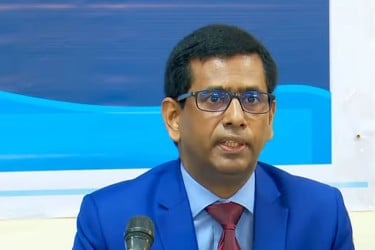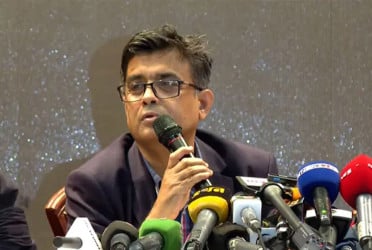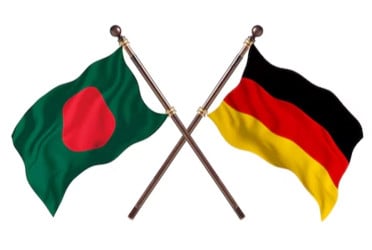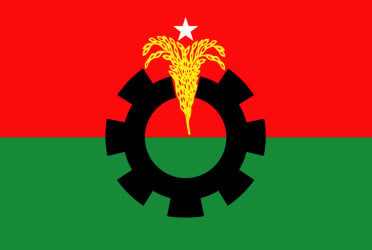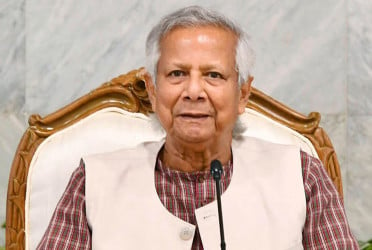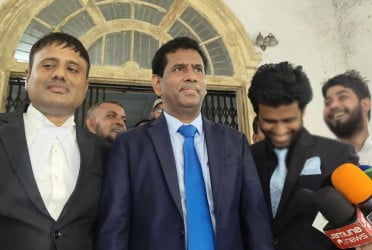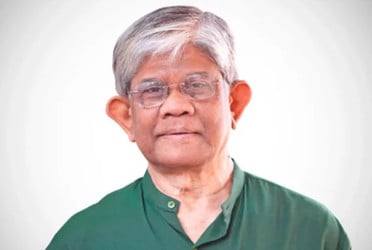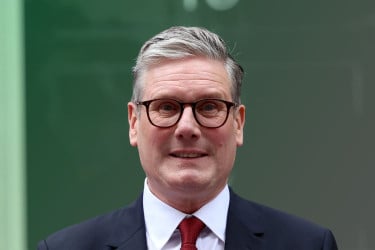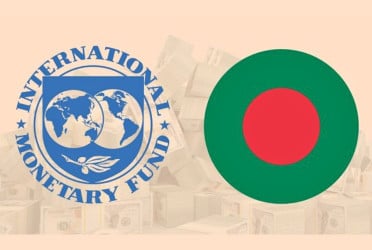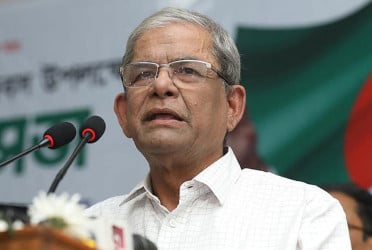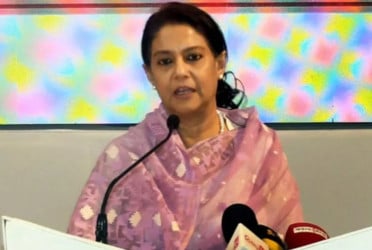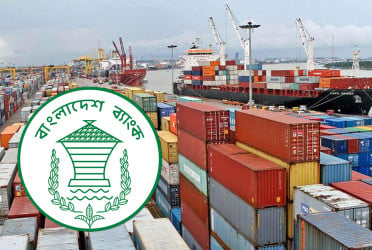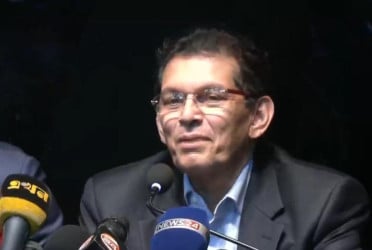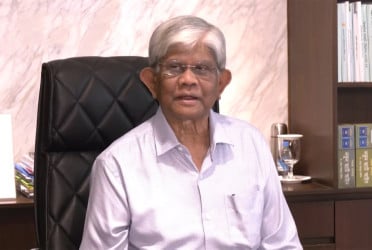With the conclusion of the Democratic era, power in the United States has shifted to Republican Donald Trump. This transition is expected to bring significant changes to U.S. foreign policy, as Trump has expressed disagreement with several key Democratic policies. Under his leadership, the U.S. is likely to revise its approach to NATO, Ukraine, the Middle East, and China.
Russia, Ukraine, and NATO
During his election campaign, Donald Trump frequently stated that he could "end the war between Russia and Ukraine in one day," although he declined to explain how he would achieve this. Trump has also emphasized that his priority would be to end the conflict and prevent the "escape" of U.S. assets as a result of the war.
Despite his strong statements, a research paper by two of his former national security advisors suggested that the U.S. should continue supplying weapons to Ukraine, which gives an indication of the advice he may receive on the issue.
Trump has long criticized Europe for taking advantage of America’s security commitments through NATO, which currently includes over 30 member countries. Amidst this, there are growing discussions about whether he might seek to withdraw the U.S. from NATO. However, some of America's allies view his hardline stance as a negotiating tactic to pressure NATO members into meeting the alliance’s defense spending targets.
Middle East
Like in Ukraine, Donald Trump has promised to bring "peace" to the Middle East, vowing to end the ongoing Israel-Hamas conflict in Gaza and the Israel-Hezbollah conflict in Lebanon. However, he has not clarified how he intends to achieve this.
During his campaign, Trump repeatedly stated that he would seek an end to the war in Gaza and claimed that, had he been in office instead of Joe Biden, Hamas would not have attacked Israel due to his "maximum pressure" policy on Iran, which funds Hamas.
In his previous term, the Trump administration dismissed Palestinian claims to Jerusalem, which is central to their national and religious identity, leading to a boycott by Palestinian leaders. Trump also brokered the Abraham Accords, normalizing diplomatic relations between Israel and several Arab and Muslim countries. The accords did not include recognition of Palestine as an independent state. In exchange for recognizing Israel, the countries that signed the deal were granted access to advanced U.S. weapons.
To regain Palestinian trust, Trump will need to decide whether to push for a diplomatic process to release hostages held by Hamas in exchange for a ceasefire in Gaza, or whether he will pursue this at all.
China and Trade
Donald Trump previously described China as a "strategic competitor" and imposed tariffs on various Chinese imports, to which Beijing responded with tariffs on American goods. During his campaign, Trump referred to Chinese President Xi Jinping as "brilliant," "dangerous," and "a very effective leader who rules 1.4 billion people with an iron fist," comments that his critics have interpreted as praise for authoritarian leadership.
In October, Trump asserted that if he were to return to the White House, he would not need to provide military support to Taiwan to deter a Chinese blockade. According to Trump, President Xi Jinping understands that such a move would prompt him to impose tariffs on China that could severely damage the Chinese economy.
Translated by Mazdud

